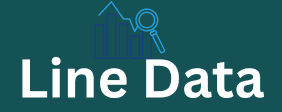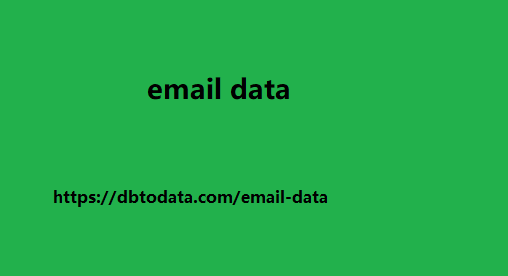Legal frameworks form the foundation for regulating the behavior of individuals, businesses, and governments within a society. They consist of laws, regulations, and policies that dictate acceptable practices and behaviors. These frameworks can be created by legislative bodies, judicial rulings, or administrative agencies. A comprehensive legal framework typically combines statutes, case law, and legal precedents that evolve over time to address emerging societal needs, providing stability and clarity in a constantly changing world.
Types of Legal Systems
Different countries operate under varying legal systems that influence how laws are created and enforced. Common systems include civil law, common law, religious law, and customary law. Civil law systems, prevalent in Europe, are based on written codes and statutes, while common law systems, primarily in the United States and the UK, evolve through judicial decisions and precedents. The type of system determines the process for resolving disputes, interpreting laws, and ensuring compliance with regulations.
Role of Regulatory Authorities
Regulatory authorities are essential for the implementation and enforcement of legal frameworks. These agencies, such as the Environmental Protection Agency (EPA) or the Securities and Exchange Commission (SEC), have the power hong kong email list to issue rules, supervise industries, and enforce compliance. Their role is not just to regulate, but also to investigate violations, impose penalties, and take corrective actions when necessary. Regulatory authorities act as the bridge between the law and its practical application, ensuring that legal frameworks serve their intended purpose.
Enforcement Mechanisms
Enforcement is the key to ensuring that legal frameworks are effective. It involves various mechanisms, including monitoring, inspections, audits, and penalties. Violations of the law can lead to legal sanctions, which may include fines, warnings, or even criminal charges, depending on the severity of the infraction. Enforcement mechanisms are designed to deter misconduct, hold violators accountable, and promote a culture of compliance. The effectiveness of enforcement largely depends on the strength of legal institutions and the resources allocated to regulatory agencies.
Judicial Oversight and Interpretation
Courts play a pivotal role in interpreting and enforcing legal frameworks. Through judicial review, courts can assess the constitutionality of laws, interpret ambiguous provisions, and resolve disputes. Courts also provide 7 steps to promote your blog content a forum for individuals and businesses to challenge government actions or regulatory decisions. The judiciary ensures that laws are applied fairly and consistently, and that legal protections are uphel. In many systems, courts have the power to impose remedies or compensation when laws are violate.
Challenges in Legal Enforcement
Despite robust legal frameworks, enforcement can be challenging due to factors such as corruption, insufficient resources, or conflicting laws. In some kuwait data jurisdictions, weak enforcement mechanisms may undermine the effectiveness of the legal system, leading to a lack of deterrence and widespread non-compliance. International businesses may also face challenges navigating multiple legal systems and varying enforcement standards. To address these challenges, legal reforms, increased transparency, and international. Cooperation are often necessary to strengthen enforcement and ensure that laws are applie justly and effectively.

